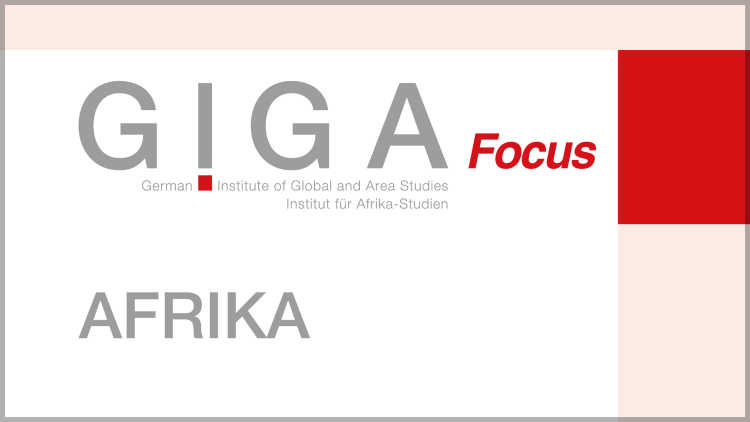- Home
- Publications
- GIGA Focus
- The Ebola Outbreak in Comparison: Liberia and Côte d’Ivoire
GIGA Focus International Edition English
The Ebola Outbreak in Comparison: Liberia and Côte d’Ivoire
Number 3 | 2015 | ISSN: 2196-3940
West Africa has been fighting its first epidemic of the Ebola virus disease for more than a year now. Despite a decline of infections, especially in urban centres, new cases still emerge and call for continued vigilance. According to the WHO, there have been 26,044 cases with 10,808 mortalities as of April 22, 2015. Though Sierra Leone has by now experienced the highest number of cases, overall mortality rates are higher in Liberia, where almost half of those infected died (4,573 of 10,212). No case has been recorded in Côte d’Ivoire. Why has there not been a single official case in Côte d’Ivoire despite the fact that it shares large parts of its border with Liberia and Guinea?
Analysis
Apart from the slow reactions from international organizations, with some notable exceptions, there are a number of domestic reasons why measures against the spread of Ebola took a long time to take effect. This includes weak state institutions and a lack of trust. In those countries in which Ebola spread most rapidly, public infrastructure is in much worse condition than in countries where the disease could be contained, or where there have been no cases so far like in Côte d’Ivoire.
The high number of international organizations present in Liberia has contributed to uncoordinated and partial reconstruction efforts. Emphasis has been on the Security Sector Reform - at the expense of the health system and other public services.
A long history of negative experiences with the Liberian state, coupled with two civil wars has deepened citizens’ mistrust towards state actors and institutions.
Côte d’Ivoire has a comparatively good infrastructure with a better-equipped health care sector.
A solid communications infrastructure in Côte d’Ivoire, which was extended during the peace process, has allowed the state to mobilize and alert large parts of the population early on.
Footnotes
Regional Institutes
Research Programmes
How to cite this article
Heitz Tokpa, Katharina, Andrea Kaufmann, and Franzisca Zanker (2015), The Ebola Outbreak in Comparison: Liberia and Côte d’Ivoire, GIGA Focus International Edition English, 3, Hamburg: German Institute for Global and Area Studies (GIGA), http://nbn-resolving.de/urn:nbn:de:0168-ssoar-430638
Imprint
The GIGA Focus is an Open Access publication and can be read on the Internet and downloaded free of charge at www.giga-hamburg.de/en/publications/giga-focus. According to the conditions of the Creative-Commons license Attribution-No Derivative Works 3.0, this publication may be freely duplicated, circulated, and made accessible to the public. The particular conditions include the correct indication of the initial publication as GIGA Focus and no changes in or abbreviation of texts.
The German Institute for Global and Area Studies (GIGA) – Leibniz-Institut für Globale und Regionale Studien in Hamburg publishes the Focus series on Africa, Asia, Latin America, the Middle East and global issues. The GIGA Focus is edited and published by the GIGA. The views and opinions expressed are solely those of the authors and do not necessarily reflect those of the institute. Authors alone are responsible for the content of their articles. GIGA and the authors cannot be held liable for any errors and omissions, or for any consequences arising from the use of the information provided.


